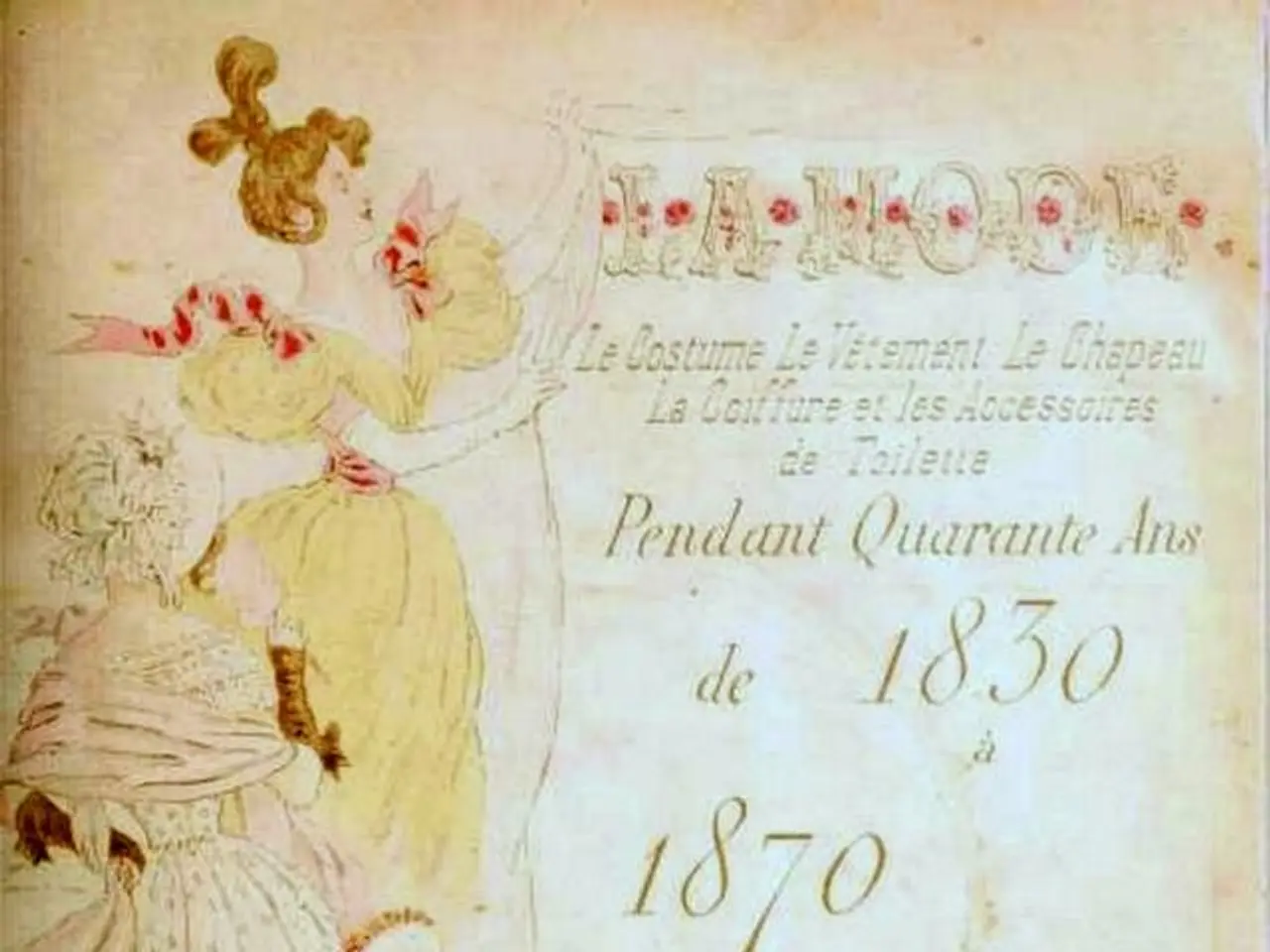"Weimer advocates for eradicating gender bias in museums and public broadcasting sectors"
In a move that has ignited heated debate in Germany, Culture Minister Wolfram Weimer has issued a directive to prohibit gender-inclusive language in publicly funded agencies. The controversy, which has been brewing since August 3, 2025, centres around Weimer's belief that language should not be a "playground" and his opposition to the use of plurals with asterisks (e.g., "Student*innen") and other non-standard gender markers in official communications [1].
The ban has been met with criticism from various quarters, with critics viewing it as a restriction on free speech, artistic expression, and media freedom. They argue that it represents an improper state intervention in language use and cultural diversity [2]. Supporters of gender-inclusive language, on the other hand, maintain that such language reflects social realities and promotes equality. However, Weimer, a conservative journalist and independent politician, opposes it as an illegitimate modification of the German language [1].
Sven Lehmann, chairman of the Culture Committee in the Bundestag, has criticised Weimer's initiative, labelling him a "cultural missionary." Lehmann is dissatisfied with Weimer's language bans in his department and his proposed restrictions on free cultural institutions [3]. The Green faction vice-chair Misbah Khan sees implicit threats in Weimer's statements, believing it to be an attack on the freedom of art and culture and an attempt to discipline critical voices [4].
The German Journalists' Association also opposes Weimer's initiative, stating it interferes with broadcasting freedom. DJV chairman Mika Beuster believes it is none of a culture minister's business whether public broadcasters and Deutsche Welle use gender-inclusive language [5]. Thuringia and Bavaria have already taken steps to avoid "grammatically incorrect gender language," with Thuringia instructing its state authorities to do so at the end of 2022, and Bavaria banning "gender language with special characters for gender specification" in authorities in spring 2024 [6][7].
Despite the controversy, Weimer stands firm in his beliefs. He believes that enforced gendering deepens a divide in society and that language should unite, not divide. He has also stated that he rejects any patronizing language education [8]. The federal government, following the recommendations of the Council for German Orthography, does not use words with gender asterisks [1].
In response to the criticism, Weimer has clarified that everyone is still free to express themselves as they wish privately [9]. However, he is advocating for all publicly funded institutions to follow his language ban, aiming for linguistic clarity, legal unambiguity, and general intelligibility [1]. The controversy continues to spark intense debate, with institutions risking losing relevant financial resources if they do not comply with Weimer's language ban [10].
Gender-inclusive language with special characters and pauses in speech has been a controversial topic for years, with many conservatives vehemently rejecting it [2]. The debate raises questions about the role of the state in cultural policy, freedom of expression, and the recognition of gender diversity through language in Germany.
References: 1. BBC News 2. Deutsche Welle 3. The Local 4. The Guardian 5. Deutschlandfunk 6. Tagesspiegel 7. Bayerischer Rundfunk 8. Süddeutsche Zeitung 9. FAZ 10. Die Welt
- This policy-and-legislation issue, concerning the ban on gender-inclusive language in publicly funded agencies by Minister Weimer, has sparked a heated debate in politics and general news, with critics viewing it as a restriction on free speech, artistic expression, and media freedom [2-10].
- The controversy revolving around the language directive by Weimer has raised questions about the role of the state in shaping cultural policy, freedom of expression, and the recognition of gender diversity through language, becoming a significant topic in policy-and-legislation and general news [1, 2].





